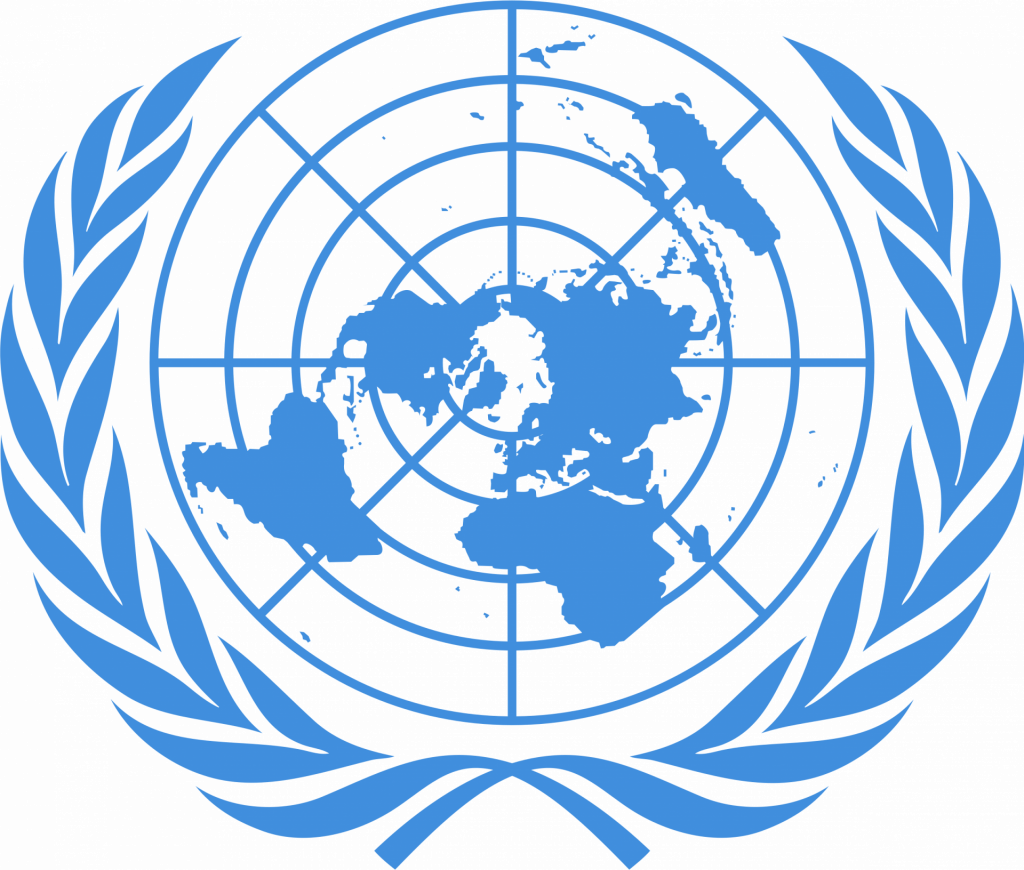In the first semester, I was part of the elective Global Goals. This elective centred around the 17 sustainable development goals and aimed to help our community become a more sustainable place. The UN or united nations created the Global goals. This organisation formed in 1945 consists of many countries that came together to fix the world’s problems. They created a list of the 17 most significant issues and promised to fix them by 2050.

In the first term of the project, our job was to discover which one of the global goals we would want to focus on. Our group decided to do goal 14. Goal 14 or life underwater, refers to all living creatures and plants in our ocean. We specifically decided to focus on the pollution aspect, aiming to help reduce the pollution in the oceans. This goal has made little progress with our oceans rapidly being polluted with no end in sight. This is also relevant to us as Australians as we really appreciate and love our beaches, and because of pollution, their quality has been rapidly declining.
After choosing our goal we had to choose what we wanted to do. After brainstorming different ideas we came to the conclusion that we wanted to either help or host our own beach cleanup, for a beach in WA. This changed throughout the period with originally wanting to host our own cleanup, but after talking to some different organisations it seemed like that would not be possible. But we then found an organisation that could help us.
Our first step in the process was to research different organisations that could educate us on how to host a cleanup. The first organisation we reached out to was miscroplastix. This meeting was very helpful they told us about miroplastix a very prominent but lesser-known form of pollution. As well as a device that we at AllSaints had access to called the trommel. This device was essentially a giant sieve for sorting microplastics out of the sand. After this meeting, we decided to reach out to another organisation on Instagram, called saltwater cleanups. Despite not meeting them they informed us about another extremely helpful organisation known as Tangaroa blue. This was a major development as they sold their own cleanup kit, and allowed you to log your data in their system.
Some challenges we encountered were in relation to hosting our own cleanup, as we originally did not have a solution. With all of the cleanups, we had found hosted in different states. We overcame this by organising and advertising our own cleanup. Though we never got to host our own cleanup our project was a success. As we have laid the groundwork for another group to continue our project and host their own cleanup for their community, with preprepared ads and methods. Despite this, our group could have been more successful. If we had been wiser with time management we could have hosted our own cleanup in the timeframe of the semester.
We plan to pass this project on to the next group of aspiring young environmentalists eager to clean up our beaches. As we have prepared all they will need to host a cleanup wherever they want. Throughout this project, we could not have succeeded as much as we did without the help of our teacher, Mrs Rees, the help of microplastix and their head, Charlie Guilloteau. As well as saltwater cleanups and Tangaroa blue.